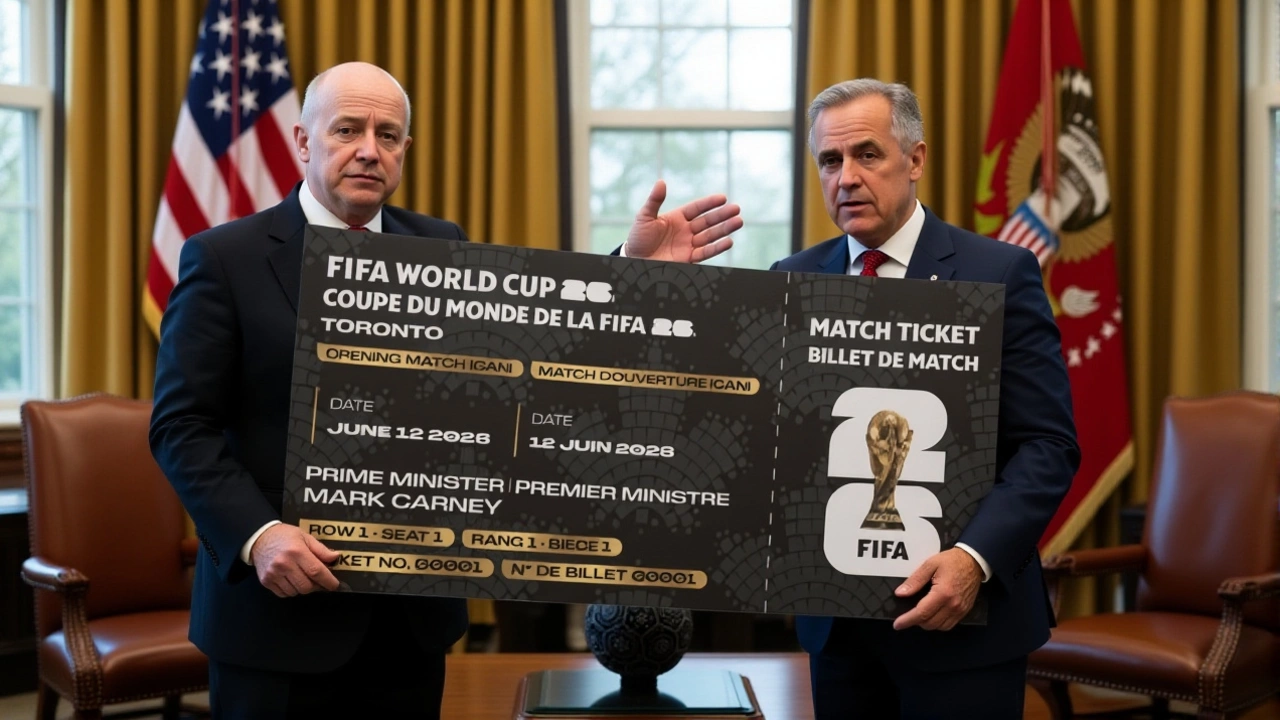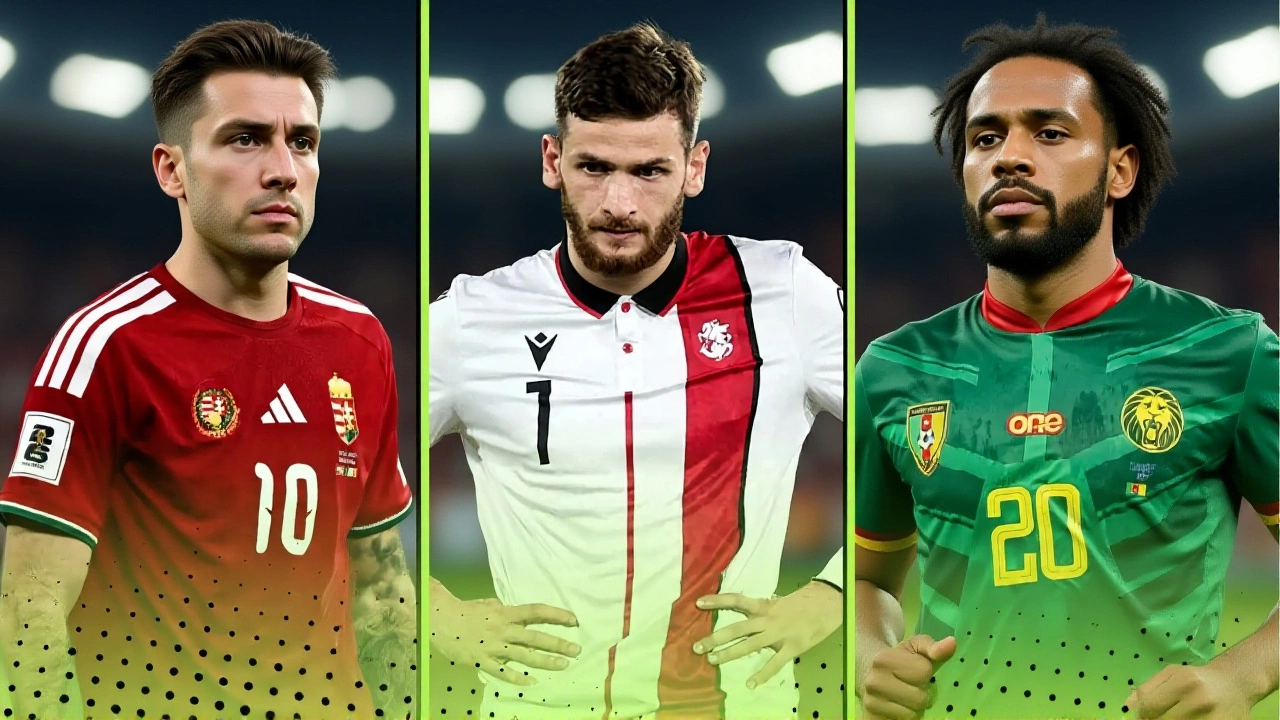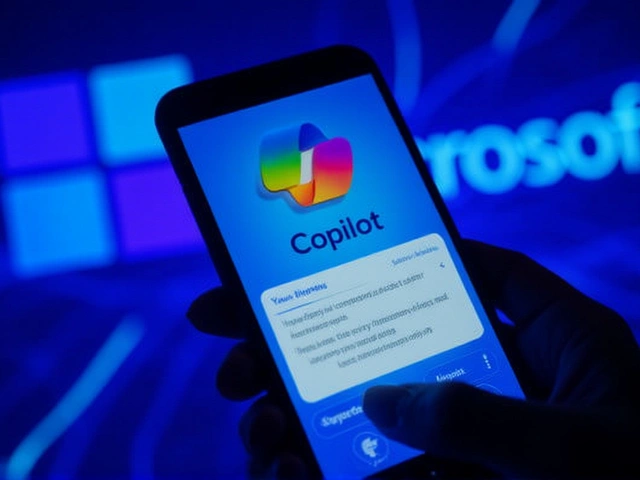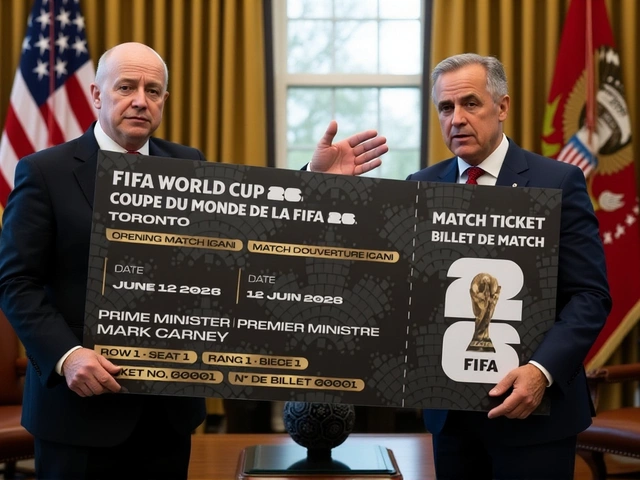
More than one million tickets for the 2026 FIFA World CupUnited States, Mexico, and Canada have been sold — a new record — after just nine days of the Visa Presale phase, FIFA confirmed on November 20, 2025. Fans from 212 countries and territories snapped up tickets during the exclusive window for Visa cardholders, which ran from September 10 to 19, 2025. The milestone isn’t just impressive — it’s unprecedented. No World Cup in history has reached this mark so early, and the demand shows no signs of slowing. The tournament, set to kick off on June 11, 2026, will be the first ever hosted across three nations, expanding to 48 teams and 104 matches — 40 more than the 2022 edition in Qatar.
How the Ticket Sales Phases Unfolded
The ticketing rollout was a carefully choreographed sequence designed to prioritize fans with financial access and geographic proximity. Phase One, the Visa Presale, gave cardholders first dibs — a move that sparked both enthusiasm and criticism. Critics called it elitist, but the numbers speak louder: over 1 million sales in under two weeks. Phase Two, from October 27–31, 2025, opened to the general public via an application lottery. Then came the host country exclusivity window: November 12–15, 2025, gave residents of the U.S., Mexico, and Canada a 72-hour head start to buy tickets for matches in their own nations. By November 17, successful applicants from the lottery phase were granted access to purchase. And it’s still not over.FIFA’s official site, FIFA.com/tickets, remains the only trusted source. Fans must register for a FIFA ID — no exceptions. Unauthorized sellers like StubHub already list tickets starting at $163, but FIFA warns that counterfeit tickets are flooding the secondary market. Buying outside official channels risks being turned away at the gate.
Prices That Shock — and Still Sell Out
The pricing model is dynamic, meaning costs shift based on team popularity, stage of the tournament, and demand. Group stage matches not featuring the U.S., Mexico, or Canada range from $60 to $620. But when the home teams play? That’s where prices go nuclear. A group stage match involving the United States Men’s National Team can cost up to $2,735. The final at MetLife Stadium in Rutherford, New Jersey, on July 19, 2026, is priced between $2,030 and $7,875 — depending on seating. Some reports, like those from Goal.com, peg the top price at $6,730. The discrepancy? Likely due to tiered seating categories or last-minute adjustments. Either way, fans are paying premium prices — and still lining up.“Eye-watering,” called World Soccer Talk. But the demand proves something deeper: this isn’t just about soccer. It’s about national pride, generational memories, and the rare chance to witness history live. For many, it’s a once-in-a-lifetime experience — even if it costs a month’s rent.
Host Cities and the Scale of the Event
The tournament will unfold across 16 cities: three in Mexico — Guadalajara, Mexico City, and Monterrey; two in Canada — Toronto and Vancouver; and 11 in the U.S., including Los Angeles, Miami, Seattle, Boston, Dallas, and Kansas City. The sheer geographic spread means fans across North America will have a local chance to attend — and local economies are already bracing for a boom.Hotels in Rutherford are booking out a year in advance. Restaurants in Monterrey are hiring extra staff. Toronto’s transit authority is planning overnight service extensions. This isn’t just a soccer tournament — it’s a three-nation economic event.

What’s Next? And How to Get Tickets
The next major phase — open registration for all fans, regardless of card type or nationality — is expected to launch in late 2025 or early 2026, but FIFA hasn’t announced a date. Fans who missed the first windows aren’t out of luck. More sales phases will continue through the tournament’s end on July 19, 2026. The key? Stay registered on FIFA.com/tickets. No alerts, no access. No FIFA ID? No chance.And while the prices may make you gasp, remember: this is the first World Cup with 48 teams. More games. More upsets. More underdogs. More reasons to be there. The last time a World Cup sold out this fast? Never. The 2026 edition isn’t just breaking records — it’s redefining what global fandom looks like.
Frequently Asked Questions
How can I make sure I don’t get scammed when buying World Cup tickets?
Only buy through FIFA’s official site, FIFA.com/tickets. Third-party platforms like StubHub or Viagogo may list tickets, but FIFA has confirmed that many are counterfeit or invalid. Even if a listing looks legitimate, there’s no guarantee you’ll be admitted. Registering for a FIFA ID and purchasing during official sales windows is the only foolproof method.
Why are U.S. team matches so much more expensive?
The U.S. Men’s National Team is one of the most popular draws in the tournament, especially with the event being hosted on home soil. Demand for their group stage games far exceeds supply, triggering FIFA’s dynamic pricing model. Matches involving the U.S., Canada, or Mexico can cost up to 45 times more than non-host nation group games — but that’s exactly why they sell out first.
What happens if I don’t get tickets in the first round?
Don’t panic. FIFA has multiple sales phases running through July 2026. After the initial Visa and host-country windows, open registration will likely launch in early 2026. Even after that, unsold tickets from cancellations or refunds are released in real-time. Monitoring FIFA.com/tickets daily and keeping your FIFA ID active is your best bet.
Is the 48-team format changing how fans experience the World Cup?
Absolutely. With 104 matches instead of 64, there are more opportunities for underdog stories, new nations to shine, and games in smaller cities like Kansas City and Vancouver. It also means more fans from developing football nations can attend — and more local economies benefit. The tournament feels less like a spectacle and more like a global celebration.
Why did FIFA choose Visa as the exclusive presale partner?
It’s a multi-billion-dollar sponsorship deal. Visa pays FIFA for exclusive payment rights and presale access, which helps fund the tournament’s infrastructure. While controversial, the model mirrors how airlines and concert promoters use loyalty programs. For fans, it’s a trade-off: early access in exchange for using a specific card. But the record sales suggest it’s working — even if it feels unfair.
Will ticket prices go up before the tournament?
Almost certainly. FIFA’s dynamic pricing means prices rise as demand increases and as the tournament nears. The final match is already priced higher than any group stage game — and that’s just the start. Historically, tickets for knockout rounds and finals increase by 30–50% in the final months. If you’re serious, buy early — or be prepared to pay significantly more later.



